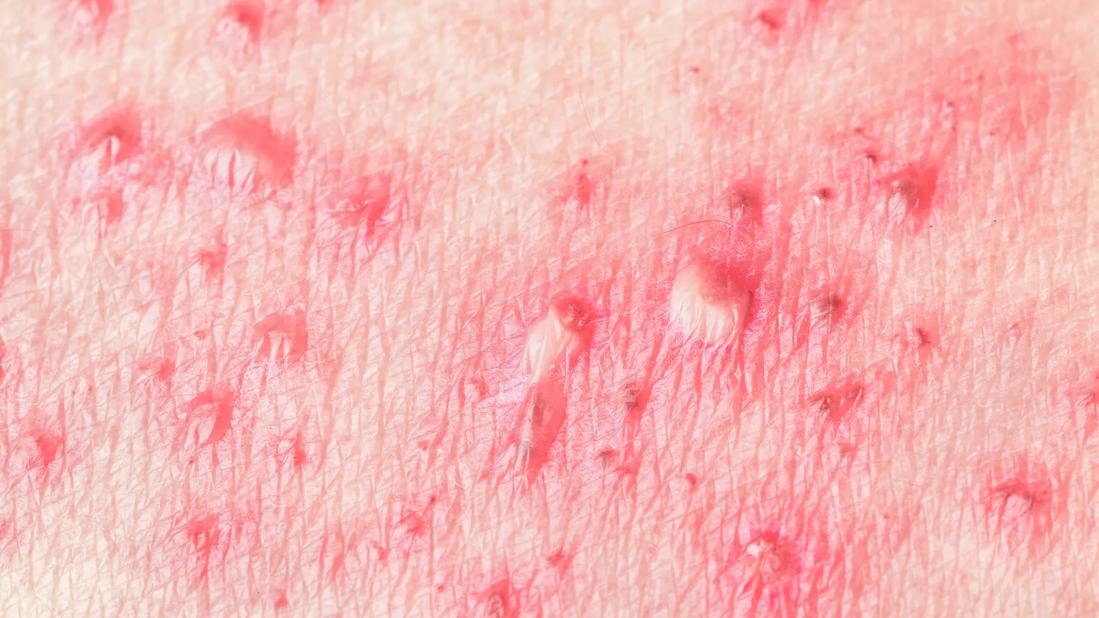Shingrix vaccine for compromised immune systems

Image content: This image is available to view online.
View image online (https://assets.clevelandclinic.org/transform/4a094712-8c2a-48fc-a3ae-946cdcbe3c92/GettyImages-480135608_jpg)
How You Can Avoid Shingles If You Have Cancer
If you’re an adult over age 50 receiving chemotherapy for cancer, you can now take steps to cut your risk for shingles, a painful infection caused by the same virus as the chicken pox.
Advertisement
Cleveland Clinic is a non-profit academic medical center. Advertising on our site helps support our mission. We do not endorse non-Cleveland Clinic products or services. Policy
Preventative options were once limited because the original shingles vaccine, called Zostavax®, was not an option for anyone with a compromised immune system. But the newly approved Shingrix® vaccine is an option.
Unlike the older vaccine, Shingrix is not made from a live virus. “This means there’s no chance you can get shingles from the vaccine,” says clinical immunologist Leonard Calabrese, DO.
Shingrix is administered by two injections, and there is a slight risk of side effects with each.
Some people may experience soreness at the injection site or about 10% of people can have flu-like symptoms, such as muscle aches, fever, chills and fatigue, that can last about a week. However, getting more than 90% protection from shingles over three or more years is a worthwhile trade-off, Dr. Calabrese says.
Oncologist Dale Shepard, MD, PhD, says it’s important if you’re receiving cancer treatment to get the vaccine, if possible.
“Having decreased immunity can increase the likelihood of getting shingles, so that’s even more reason people should maintain their vaccines,” he says.
You should avoid getting Shingrix if you:
Advertisement
If you think you’re a candidate for Shingrix, talk with your doctor about if and when you should receive it. They can explain its benefits and offer advice based on your personal health history.
Advertisement

Sign up for our Health Essentials emails for expert guidance on nutrition, fitness, sleep, skin care and more.
Learn more about our editorial process.
Advertisement
The first step is making a commitment to communicate
Working has its benefits, but it may require some modifications — and that’s OK
Working has its benefits, but it may require some modifications — and that’s OK
It’s 97% effective in preventing shingles in people between the ages of 50 and 69
Vaccination is a good idea before or after treatment
Lead with what you’ve learned and create space for expectations
Biomarker testing tells doctors how to target their treatments
Postherpetic neuralgia is challenging, but help is available
Type 2 diabetes isn’t inevitable with these dietary changes
Applying a hot or cold compress can help with pain
Pump up your iron intake with foods like tuna, tofu and turkey